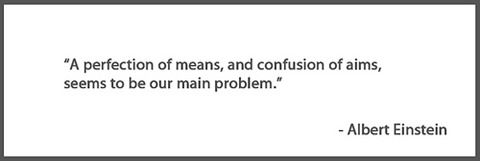
My solution will not work for you.
I found myself in two uncomfortable positions:
- Having great success with a management team and asking, Where do we go from here?;
- Being stuck and saying I don’t know what to do; where do we go from here? To another management team.
Both uncomfortable. Both require effort.
Struggling and searching for what I thought was the solution to their problems.
The hero wanted to sneak out and yell, “If you did what I TOLD YOU, THIS WOULD BE FIXED BY NOW! “That never works.
It is the client who owns the problem and the solution. My job is to create a relationship in which the client can get help. It is not my job to take the client’s problems onto my own shoulders, nor is it my job to offer advice and solutions in a situation that I do not live in myself. –Edgar Schein
People must find their solutions as managerial leaders, facilitators, coaches, gurus, dog whisperers, etc., while you may believe you know how to ‘fix it.’ Your solution worked great for you – but – it may not work great for them.
It will repel them.
- They’ve already tried it.
- You are an outsider
- People don’t think you usually understand, you don’t
- When you jump to tell people what to do, you don’t fully understand the problem and are offering the wrong solution.
- Confirmation bias is constant with advice-givers – advice-givers will only see the problems that match their advice and continually point out the issues they see in the frame of reference of the advice they gave.
- It makes the other person feel vulnerable and makes you feel more significant. After all, they came to you because you are the expert.
What to do? Try L–E–A–R–N
I don’t know…and here is the best idea(s) that I have right now.
- Listen to the person/team to understand what they want. What their solution would look like.
- Determine, share, and test small experiences and ideas of what might work about what you heard. If you know a method, process, team-building activity, an idea that works – share it. Please share it compassionately connected to what you heard and what their solution would look like.
- Schedule time to analyze the action of what happened with the experience. Ask, did it get them closer to what they want? Further from what they want? Did it fit appropriately with their team and culture?
- The analysis takes some time to reflect and see if you are going in the right direction… if not, rework the situation again and listen more.
- Take what worked and iNstill + iNternalize the ‘what worked,’ however small or needed change.
While you may know the best solution…it’s no good if the person rejects it.
Working with the person and team to find the best solution for them is what will work. Take the time and use resistance and questions as a chance to listen to determine what they want.
Use the knowledge that you are paid for and find ways to extrapolate what you know into different forms of best approaching what their solution is…this is the heart of experiential learning.


